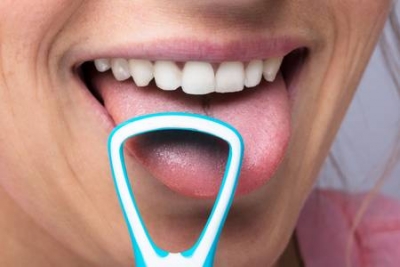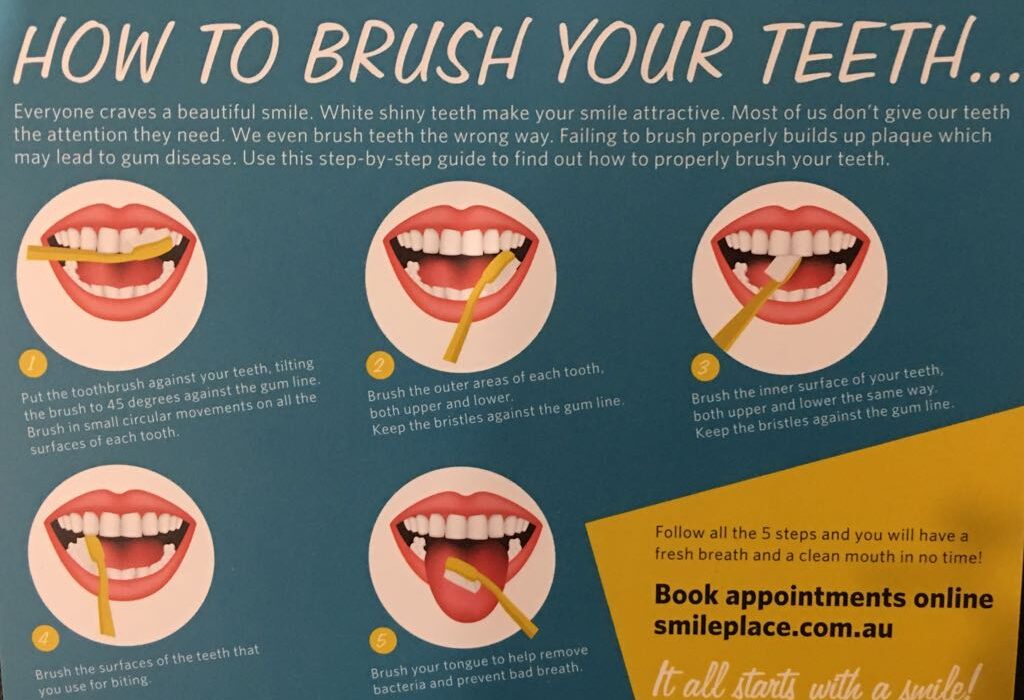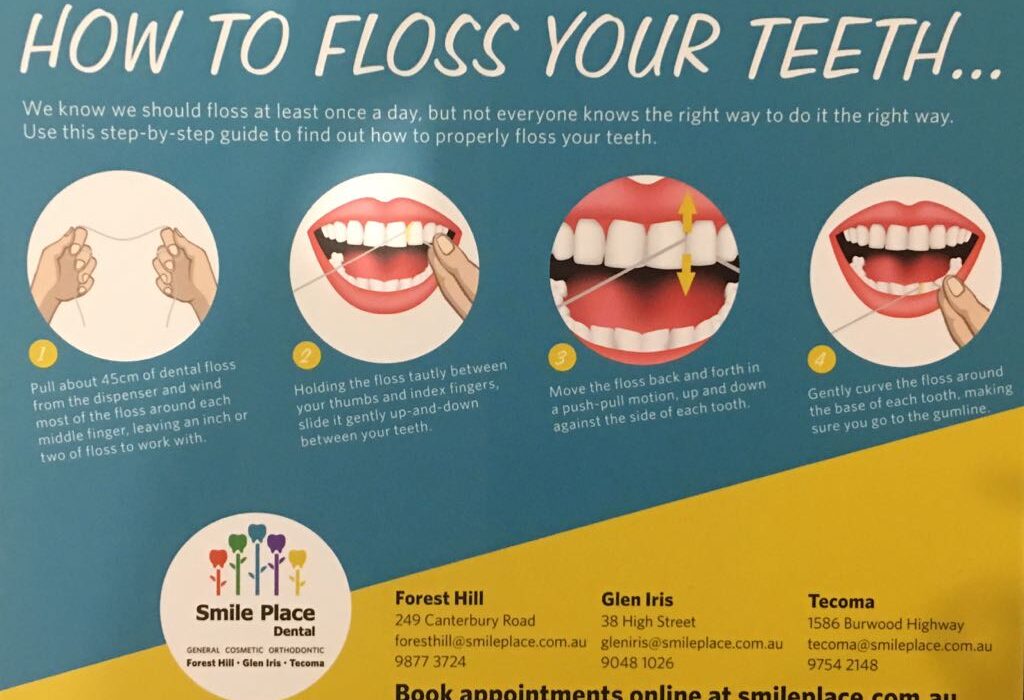
Struggling with bad breath? You’re not alone.
Over a lifetime, a surprisingly large number of people will lose one or more of their permanent, adult teeth. There are a variety of reasons why this might happen but in general, the most common reasons for the loss of a tooth are tooth decay and a blow to the mouth (we highly recommend you wear a mouth guard for sports where you might get hit in the mouth to prevent exactly this situation).
If you’re missing multiple teeth, you can choose to repair your smile with dental implants or a bridge. Both are effective solutions but the best option for you will depend on a number of factors. If you’re keen to know more, read on to learn about your options.
As the name suggests, a dental bridge is designed to span a gap between your teeth. Just like a traditional bridge, a dental bridge needs to be firmly anchored to strong supports, on each side of the gap – in this case, two healthy teeth (or two implants, should the adjacent natural teeth be missing).
How would my dentist install a bridge in my mouth?
To install a dental bridge, your dentist will gently file the chosen anchoring teeth to provide a good surface on which the bridge will be attached. Your dentist will also install crowns over both teeth. Once this is done, your dentist can take an impression of your teeth and from that, build your new bridge complete with artificial teeth and crowns.
A dental implant is a small metal (usually titanium) post that is, as the name suggests, implanted into your gum, replacing the root of a missing tooth. A replacement tooth or crown is then attached to this new artificial root.
To install a dental implant, your dentist will either surgically implant the metal post into your jawbone or fit a metal frame to the jawbone. Over about 3-6 months, the bone will then grow over and fuse with the implant in a process known as osseointegration. Once this process is complete, your dentist will attach an abutment to the implant and then cement or screw a dental crown onto the abutment.
If you’re missing one or more teeth, you might find that chewing is more difficult. You may also notice a difference in your speech – you might develop a lisp for instance. Replacing your missing tooth or teeth will correct both of these issues, which is sure to increase your quality of life.
If you’re missing a tooth or teeth near the front of your mouth, you’ll likely have an incomplete smile, which might make you self-conscious. Getting a dental implant or bridge will repair your smile, giving you the confidence to grin and laugh whenever the mood takes you without you having to worry what others might think of your missing tooth/teeth.
Regardless of where your missing tooth or teeth are, if left for a prolonged period of time, you’ll likely find your remaining natural teeth start to shift to fill the gap/s. This can cause a variety of problems so it’s best to nip them all in the bud by filling the gap/s with an implant or bridge.
As a bridge relies on healthy neighbouring teeth, they may fail and need to be replaced if those anchor teeth become damaged in the future. Most crowns that support dental bridges tend to need to be replaced after about 7-10 years. One advantage of a dental implant is that it doesn’t rely on other teeth for support so this isn’t an issue. Implants also help maintain underlying bone density by stimulating the bones, which prevents shrinking.
On the other hand, installation of an implant requires surgery, takes at least 3 months to complete and is more expensive than a bridge. Some habits and medical conditions can also increase the likelihood that your implant will fail.
As you can see, there’s a lot to consider when choosing a dental bridge or implant. This information, should arm you with the knowledge you need, to have an informed discussion with your dentist about the best option for you.
Author Summary – Dr Chitra Rao

Dr. Chitra Rao has over a decade of experience in dentistry, specifically in the field of cosmetic and orthodontic treatments. Dedicated to achieving optimal results, she takes a detailed and personalised approach to creating beautiful, confident smiles for her patients. Outside of dentistry, Dr. Chitra enjoys staying active, traveling, and spending time with her family.

Struggling with bad breath? You’re not alone.

Keep it clean, keep it bright with these simple tips.

Do you brush twice a day, use a mouthwash, and still struggle with bad breath or surprise cavities? If so, the problem may be caused by inconsistent flossing. Most people skip flossing and those who do floss, often don’t do it right, leaving behind plaque and food debris. The good news? Flossing properly takes just […]